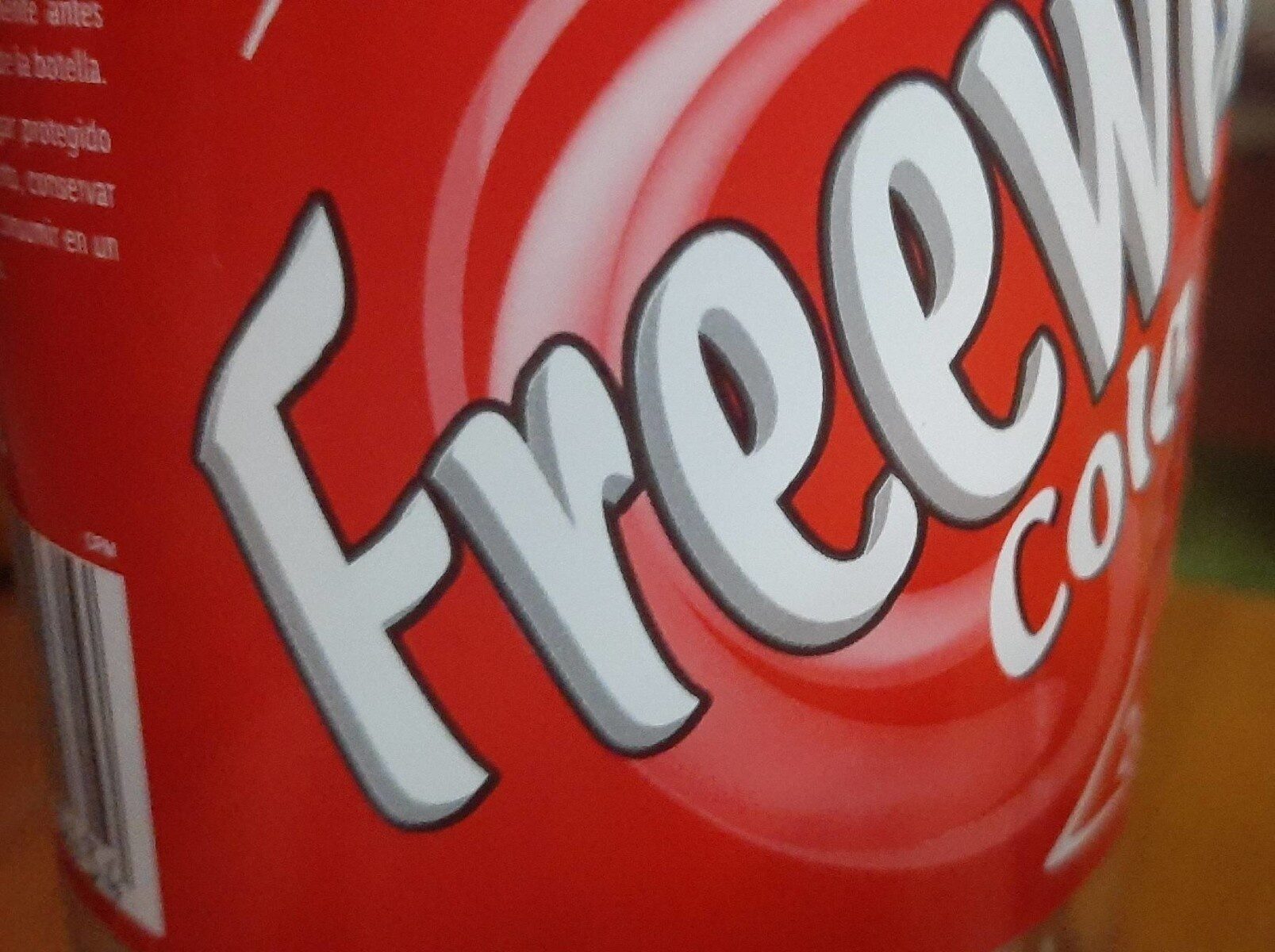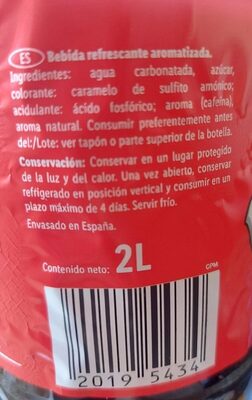Freeway Cola - Goldora - 500 g
Ambiguous barcode: This product has a Restricted Circulation Number barcode for products within a company. This means that different producers and stores can use the same barcode for different products.
×
This product page is not complete. You can help to complete it by editing it and adding more data from the photos we have, or by taking more photos using the app for Android or iPhone/iPad. Thank you!
×
Barcode: 20195434
Quantity: 500 g
Brands: Goldora
Categories: Snacks, Desserts, Sweet snacks, Festive foods, Biscuits and cakes, Christmas foods and drinks, Cakes, Stollen
Labels, certifications, awards: German Agricultural Society, Gold medal of the German Agricultural Society, 2020 Gold medal of the German Agricultural Society, New
Countries where sold: France
Matching with your preferences
Environment
Packaging
Transportation
Threatened species
Report a problem
Data sources
Product added on by openfoodfacts-contributors
Last edit of product page on by inf.
Product page also edited by beniben, fabi2, kiliweb, packbot, yuka.WVpBaFFhOGRpT0JUdi9jYy9BSDFwb3hZNWNhSUJrbTNKL0FRSVE9PQ, yuka.sY2b0xO6T85zoF3NwEKvlkBVU4rZpzOcaifmnBCQ2omqP7zXS89156fFPas, yuka.sY2b0xO6T85zoF3NwEKvlkVFCIXM8inUbRX4hxGWmtipNbrhZo9fu5DYOqs, yuka.sY2b0xO6T85zoF3NwEKvllVKAvX4pC7_bUTvvUrW2ompNqPnfeNSxYTDGas.










